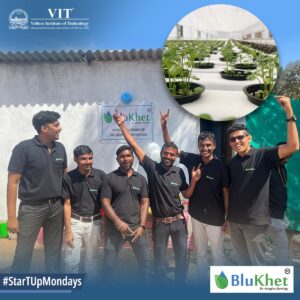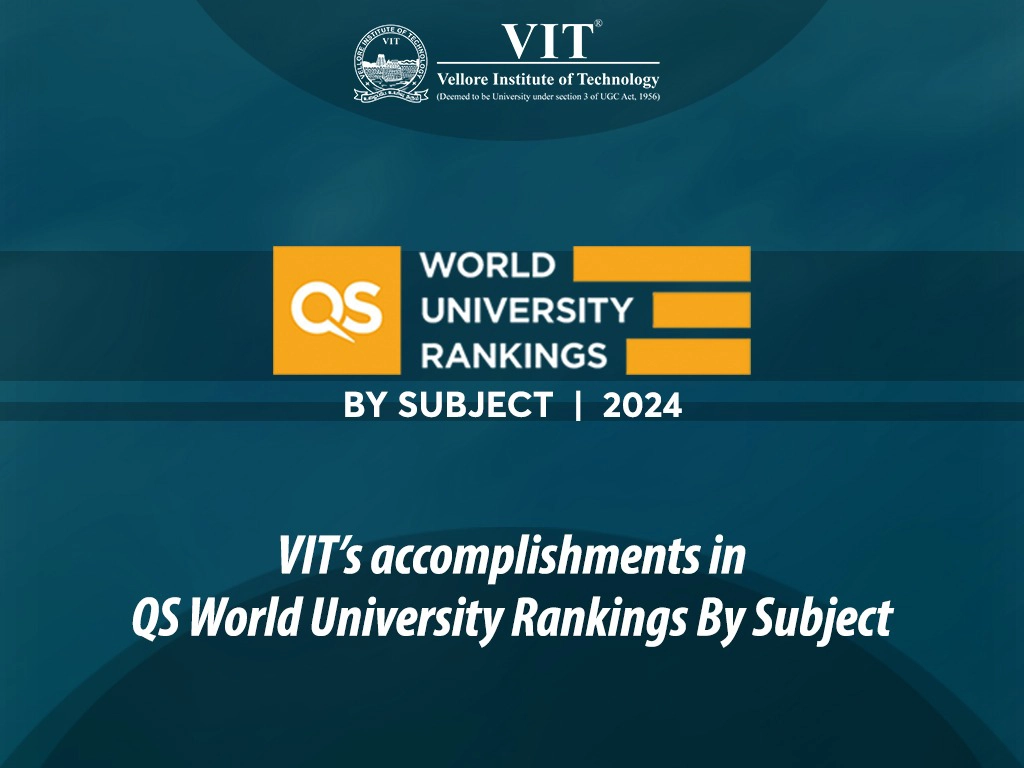Propagating hydroponics to save on land and water and yet guaranteeing returns BluKhet sets up the farms, takes care of operations, sales and marketing for customers
N. Ramakrishnan
It was while they were doing their Master’s in the UK that the seeds of an idea for their own venture were sown in the minds of Tanmay M. Prasad and Vishant Savio Dmello. Tanmay, who did his Bachelor’s in Mechanical Engineering from VIT Vellore, went to the University of Leeds for his Master’s in Automotive Engineering, which is where he met Vishant. They were doing part-time jobs in restaurants and one of the tasks included dealing with a hydroponic farm. “That was the first time we saw what a hydroponic farm is, how it works and what its benefits are,” says Tanmay.
On completing their Master’s, they returned to India and took up different jobs. While Vishant was working with a company that was developing hydraulic valves for offshore rigs, Tanmay got to design a bio-vacuum toilet at a company that got the contract to supply these toilets to Indian Railways. It was at this time that Covid struck and everything came to a standstill. What next?
“We realised that hydroponic is an industry that will survive no matter what happens. We came up with a business plan around hydroponic,” says Tanmay. Since neither of them had an idea of how to start a venture, grow the business and run a company, Tanmay says the only option before him was to approach his alma mater, VIT. He was aware of what VIT TBI (VIT Technology Business Incubator) does in terms of helping start-ups. A lot of his friends from college also told him that the VIT TBI was the best platform for him to start his own venture. He got in touch with VIT TBI and they were more than happy to help him, especially because here was an engineer looking to do something in agriculture. Tanmay formed a company, BluKhet Pvt. Ltd., and got it incubated at VIT TBI, which also helped him get his first grant, NIDHI PRAYAS (National Initiative for Developing and Harnessing Innovations – PRomotion and Acceleration of Young and Aspiring technology entrepreneurs), an initiative of the Department of Science and Technology of the Government of India. This grant provides support from the idea stage to a prototype. “That grant kicked off our journey,” says Tanmay. Where does the name BluKhet come from? It is a combination of blue, the colour that stands for water, and Khet, which means farm in Hindi, says Tanmay.
According to him, BluKhet graduated out of incubation from VIT TBI in November 2023 and the company has its headquarters in Mysuru. VIT TBI helped him and the start-up in several ways, he says. They organised a lot of seminars, they connected them to a number of mentors who helped them out with developing their idea to a viable business and also facilitated them getting a seed fund. “We got our first pre-seed funding of ₹40 lakhs through VIT TBI in 2022,” adds Tanmay. This money helped them set up their first commercial hydroponic farm in Mysuru. For the first two years, they concentrated on setting up hydroponic farms for clients. It was also thanks to VIT TBI that BluKhet landed a project with NLC (Neyveli Lignite Corporation) to set up a 2,700 sq.ft. hydroponic farm to grow strawberry in the mining town of Neyveli, Tamil Nadu, in November 2020.
Hydroponics refers to the technique of growing plants using water-based nutrient solutions rather than soil. As a result, for this kind of farming or growing plants, one needs less of area and it also consumes much less water than traditional farming methods do.
Tanmay says that their business revolves around setting up low-cost hydroponic farms. BluKhet sets up the farm for its clients, deploys teams to operate them, takes care of the sales and marketing of the produce, and assures its customers of a fixed return on their investment. The land and the capital are the customer’s, all other aspects are taken care of by BluKhet. It has tied up with organised retail to sell the produce, according to Tanmay. The crops, typically, include exotic fruits and vegetables and essential oils, such as Tulsi, Rosemary and Thyme. “The fixed return on investment for the customer is between 18 per cent and 23 per cent,” says Tanmay. The higher return comes from the lesser area of land required and also the much lower volume of water that is used. The minimum farm size that BluKhet handles is about 2,500 sq.ft. “The primary difference between regular farming and hydroponics is that, on the same patch of land, you can do three or four harvests in one year, whereas in hydroponics, we do a minimum of 10 harvests in a year for the same crop,” explains Tanmay. That is because, with regular farming, the growth of the plant is slower than in hydroponics as the plants have to derive their nutrition from the soil rather than from water in the case of the latter. For example, he says, if you are growing 20,000 plants on one acre in regular farming, in hydroponics it is possible to grow 2.2 lakh plants in the same area.
He explains that BluKhet does not manufacture the components – the shelves and the racks and the pipelines – that go into a hydroponic farm, but purchases them from vendors. Every farm that the company sets up has a different infrastructure requirement depending on the plot size and the crop being grown. In the case of the proof-of-concept project in Neyveli, they had to grow strawberries on a vertical farm. It was successful and NLC gave the company a bigger project. The company is setting up hydroponic farms across the country. For instance, it is in the process of establishing a farm in Amritsar, Punjab, to grow essential oils, primarily Tulsi. The company deals with three-four varieties of Tulsi and will change the composition depending on market demand.
BluKhet has completed four projects and is setting up two more. Initially, the company did not handle the operations of the farm, but decided to get into it to differentiate itself from others who were in the hydroponics business. “Our USP is handling the operations, sales and marketing and guaranteeing returns. That is why we call our customers farm partners and we call our scheme, a crop buyback scheme,” says Tanmay. The company needs to strengthen its marketing ability for it to grow the business and become a pan-India player. It has got all the projects so far through word-of-mouth. (EOM).
- (The author is a Chennai-based independent journalist.)







